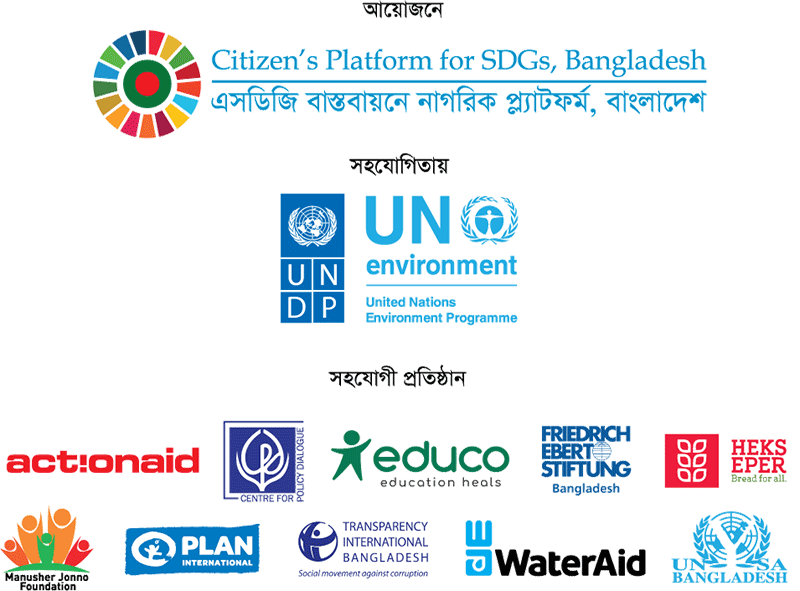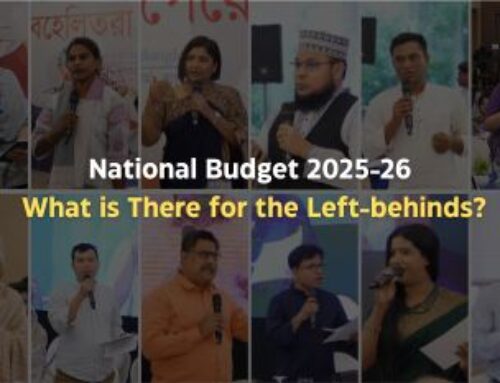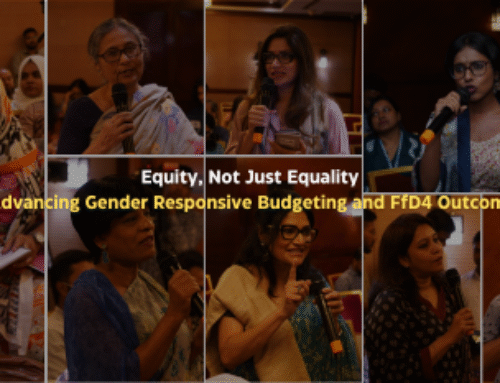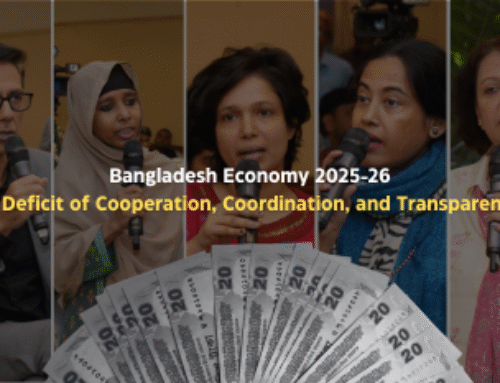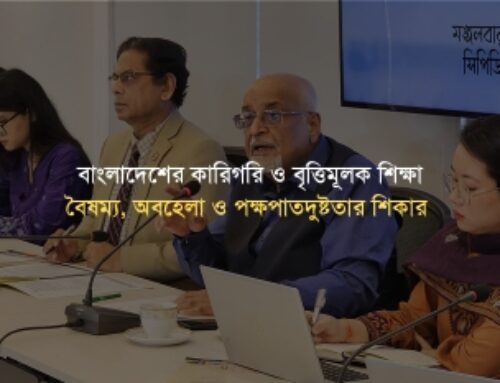
About the conference
The Citizen’s Platform for SGDs Bangladesh in partnership with United Nations Development Program (UNDP) Bangladesh and United Nations Poverty-Environment Action is organising a day-long conference on, “SDGs and Youth in Bangladesh: Present Perspectives and Future Outlook” on 1 September 2022, in Dhaka.
During the ongoing COVID-19 pandemic, youth in Bangladesh who study and combine study with work have been adversely affected due to unprecedented disruptions in education and employment. Lack of access to online education due to the absence of required equipment and limited access to internet and no study space at home has created a digital divide for a section of youth in Bangladesh. The situation is even worse for the youth belonging to the lower-income cohort. These challenges contributed to exacerbating the disengagement in the youth population, particularly during the pandemic.
In this backdrop, the Conference seeks to connect the students of public and private universities from all over Bangladesh under a single platform to voice their perspectives on the state of implementing Agenda 2030 on Sustainable Development Goals (SDGs) in Bangladesh in the national development process.
Besides, an Inaugural and Closing session, the conference will have sessions on i) Poverty and social protection ii) Climate action iii) Peace and Justice Strong Institutions iv) Gender Equality v) Responsible consumption and production vi) Decent Work and Economic Growth. Students of public and private universities, selected through a competitive process will present their thoughts and views on respective themes at the parallel sessions.
The conference will be attended by students and youth representatives, youth organizers, Platform partner organisations, international development partners, representatives from the public and private sectors, and journalists. A Youth Declaration stating the aspirations of youths of Bangladesh will be also presented and adopted at the Conference.
সম্মেলন সম্পর্কে
এসডিজি বাস্তবায়নে নাগরিক প্ল্যাটফর্ম, বাংলাদেশ– এর উদ্যোগে এবং ইউনাইটেড নেশনস ডেভেলপমেন্ট প্রোগ্রাম (ইউএনডিপি) বাংলাদেশ ও ইউনাইটেড নেশনস পোভার্টি-এনভারমেন্ট অ্যাকশন এর- সহযোগিতায় আগামী বৃহস্পতিবার, ১ সেপ্টেম্বর ২০২২ তারিখ “যুব সমাজ ও এসডিজি: আজকে দাঁড়িয়ে, আগামীর ভাবনা”- শীর্ষক একটি দিনব্যাপী সম্মেলন আয়োজন করা হয়েছে।
বৈশ্বিক মহামারী কোভিড-১৯ এর প্রভাবে বাংলাদেশের শিক্ষার্থী এবং কর্মরত যুব সমাজ বিভিন্ন প্রতিবন্ধকতার সম্মুখীন হচ্ছে যা তাদের শিক্ষা এবং কর্মসংস্থানে নেতিবাচক প্রভাব সৃষ্টি করেছে। অনলাইন শিক্ষার অপর্যাপ্ততা এবং ইন্টারনেট সুবিধার সীমাবদ্ধতার কারণে বাংলাদেশের যুব সমাজের মধ্যে প্রযুক্তিগত বৈষম্যের সৃষ্টি হয়েছে। বিশেষ করে বাংলাদেশের প্রান্তিক জনগোষ্ঠীর অন্তর্ভুক্ত তরুণদের মধ্যে এই প্রতিবন্ধকতাগুলো আরও প্রকট হচ্ছে। কোভিড মহামারীর সময় এসব চ্যালেঞ্জ যুবসমাজের বিযুক্ততার মাত্রাকে বাড়িয়ে দিয়েছে।
এ পরিপ্রেক্ষিতে, এ সম্মেলন বাংলাদেশের সরকারি ও বেসরকারি বিশ্ববিদ্যালয়ের শিক্ষার্থীদের একই প্ল্যাটফর্মে একত্রিত করতে যাচ্ছে। সম্মেলনের মূল উদ্দেশ্য হচ্ছে, এসব শিক্ষার্থীদের এসডিজির প্রচার ও প্রসারের সাথে যুক্ত করা যাতে জাতীয় নীতি প্রণয়ন ও বাস্তবায়ন প্রক্রিয়ায় তাদের কণ্ঠস্বর প্রতিফলিত হয়। সম্মেলনে টেকসই উন্নয়ন লক্ষ্যমাত্রার ছয়টি অভিষ্ট নিয়ে সমান্তরাল অধিবেশন পরিচালনা করা হবে যার বিষয়বস্তু হলো i) দারিদ্র্য বিমোচন ও সামাজিক সুরক্ষা ii) জলবায়ু কার্যক্রম iii) শান্তি, ন্যায়বিচার এবং কার্যকর প্রতিষ্ঠান iv) জেন্ডার সমতা v) পরিমিত ভোগ ও উৎপাদন vi) শোভন কাজ ও অর্থনৈতিক প্রবৃদ্ধি।
সরকারি ও বেসরকারি বিশ্ববিদ্যালয়ের শিক্ষার্থীর পাশাপাশি বাংলদেশের বিভিন্ন প্রান্ত থেকে যুবসমাজের প্রতিনিধি, যুব সংগঠক, নাগরিক প্ল্যাটফর্মের সহযোগী সংগঠনের নেতৃবৃন্দ, আন্তর্জাতিক উন্নয়ন সহযোগী, সরকারি ও বেসরকারি খাতের প্রতিনিধিবৃন্দ এবং গণমাধ্যম কর্মীরা এই সম্মেলনে অংশগ্রহণ করবেন। সম্মেলনের শেষে যুব ঘোষণাপত্র প্রস্তাবনা এবং গ্রহণ করা হবে।
Inaugural Session
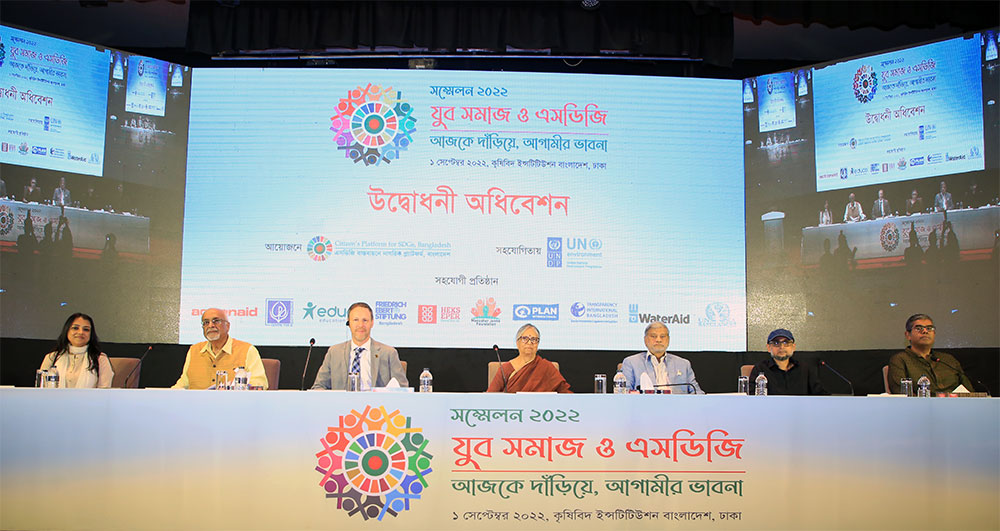
The inaugural session was chaired by Advocate Sultana Kamal, Human rights activist, Member of Board of Trustees of Centre for Policy Dialogue and Core group Member of Citizen’s Platform and the Theme of the Conference was presented by Dr Debapriya Bhattacharya, Convenor of Citizen’s Platform. The inaugural session was graced by the presence of Hon’ble Planning Minister of Govt. of Bangladesh Mr M A Mannan, MP and Resident Representative, UNDP Bangladesh Mr Stefan Liller as Chief Guest and Special Guest respectively.
Mr Mostofa Sarwar Farooki, awarded filmmaker, director & producer, Ms Nobonita Chowdhury, Director of Preventing Violence against Women Initiative of BRAC and Mr Fahim Mashroor, Co-founder & CEO of Bdjobs.com Ltd. also addressed the inaugural session of the conference.
Parallel Session 1: Poverty and Social Protection
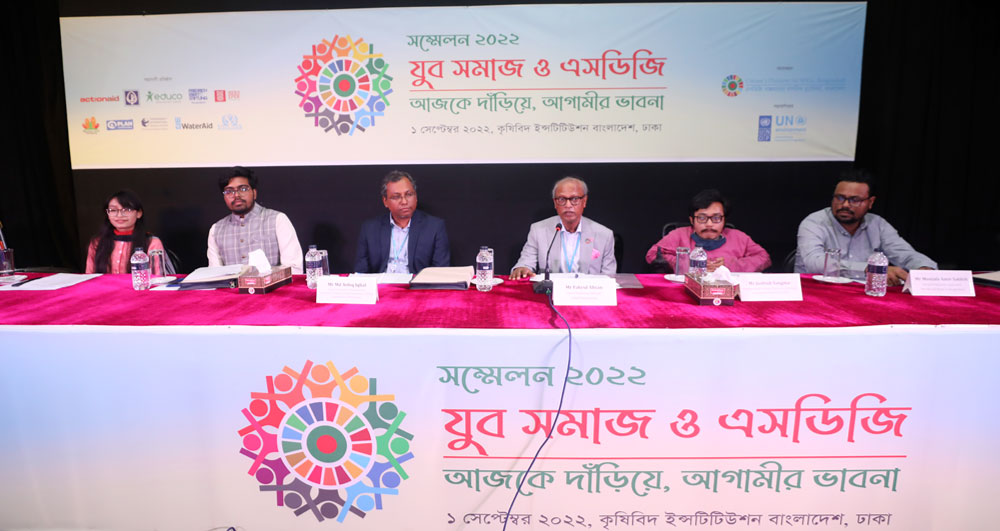
This parallel session on ‘Poverty and Social Protection’ discussed the current state of poverty and social exclusion in Bangladesh, complemented by the challenges of “left behind” groups and the national social protection system. It was chaired by Mr Fakrul Ahsan, Chief Technical Advisor of UNDP Bangladesh.
Followed by a presentation on the interrelationship between poverty and social exclusion, issues related to the social protection system and disadvantaged groups were brought forth by the session’s special commentators, Mr Mostafa Amir Sabbih, Social Protection Specialist, The World Bank in Bangladesh, Mr Md Ashiq Iqbal, Social and Economic Analysis Specialist, Social Policy, Evaluation, Analytics and Research (SPEAR), United Nations Children’s Fund and Mr Joshiah Sangma, Disability Rights Activist, Physically-challenged Development Foundation (PDF).
- Presentation: Poverty and Social Protection
- Thematic Short A/V: Poverty and Social Protection
Parallel Session 2: Climate Action
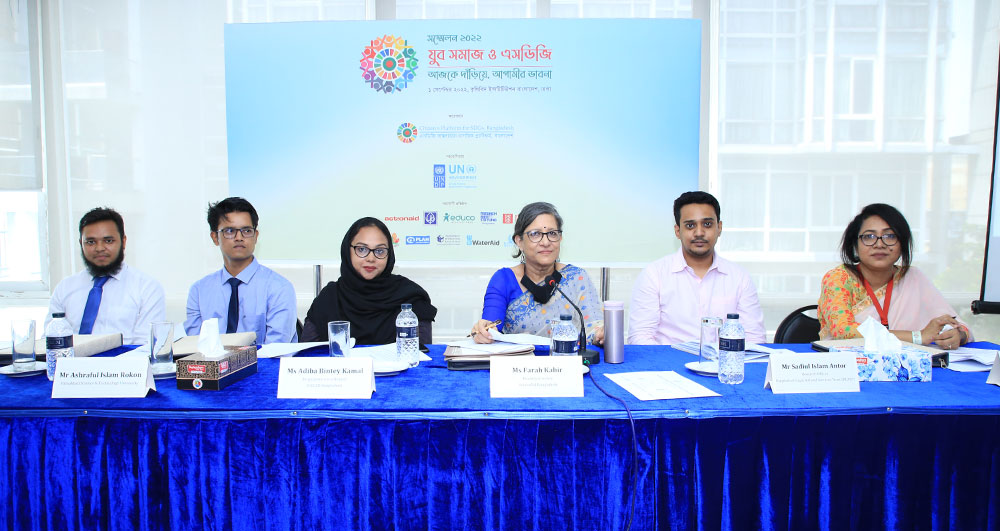
This parallel session focused on examining the impact of climate change from both international and national perspectives as well as review current strategies adopted by local communities and the Government in view of the impact climate change on agricultural production in Bangladesh. A key takeaway from these discussions was how Bangladesh needs to establish a Climate Smart Agriculture framework to avoid food scarcity and economic disruption in future. To protect biodiversity, it is also important to establish a mitigation plan for the methane and nitrous oxide emission from agriculture.
It was chaired by Ms Farah Kabir, Country director, ActionAid Bangladesh. Bangladesh. Mr Abu Hasnat Abdullah from Jahangirnagar University and Mr Ashraful Islam Rokon from Patuakhali Science & Technology University delivered the session’s presentation. The session also included Ms Saibun Nessa, Manager – Advocacy and Rights based Development Programme, HEKS/EPER, Ms Adiba Bintey Kamal, Research Officer, ICCAD Bangladesh, and Mr Sadiul Islam Antor, Research Officer, Bangladesh Legal Aid and Services Trust (BLAST) as special commentators.
- Presentation: Parallel Session 2: Climate Action
- Thematic Short A/V: Climate Action
Parallel Session 3: Peace and Justice Strong Institutions
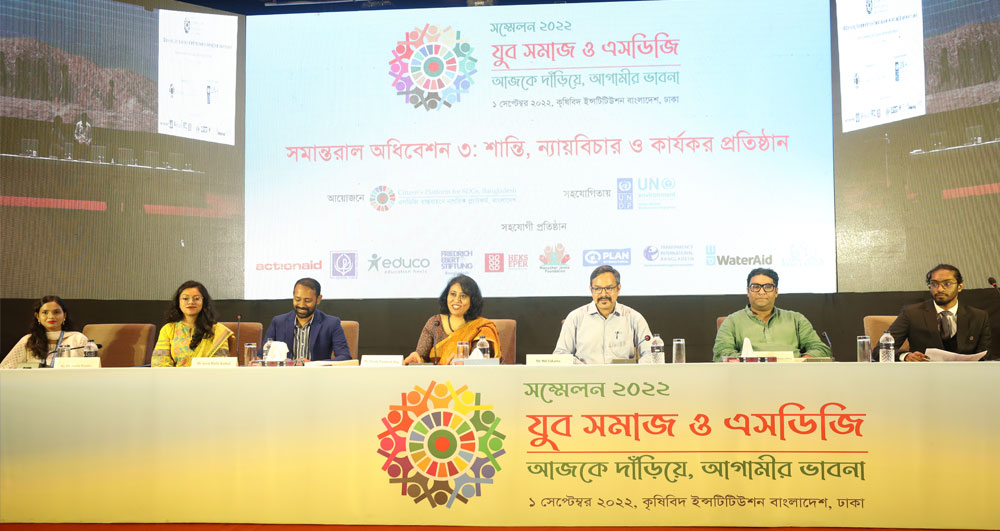
This parallel session was based on Peace, Justice, and Strong Institutions (SDG Goal 16). The overarching theme of the session was presupposed on the necessity of public information for democratic governance. This panel was chaired by Ms. Sheela Tasneem Haq, Senior Governance Specialist, UNDP Bangladesh. Mr. Md Zakaria, Senior Program Manager, The Asia Foundation, Mr. Syed Mafiz Kamal, Head of Research and Communications, Centre for Research and Information, and Mr. Amiya Papan Chakra Borty, Chief Executive Officer, Dhrubotara Youth Development Foundation, were present as special commentators for the session.
As with the other sessions, this parallel session began with brief introductory remarks by the chair followed by a presentation by young students on their perceptions of the provisions that Bangladesh currently has for strengthening public access to information. They highlighted the achievements that Bangladesh has made in regard to access to information, but noted that there are still challenges that the country needs to overcome, specifically in the areas of implementation, awareness, and efficiency. This set the tone for the rest of the discussion.
- Presentation: Parallel Session 3: Peace and Justice Strong Institutions
- Thematic Short A/V: Peace and Justice Strong Institutions
Parallel Session 4: Gender Equality
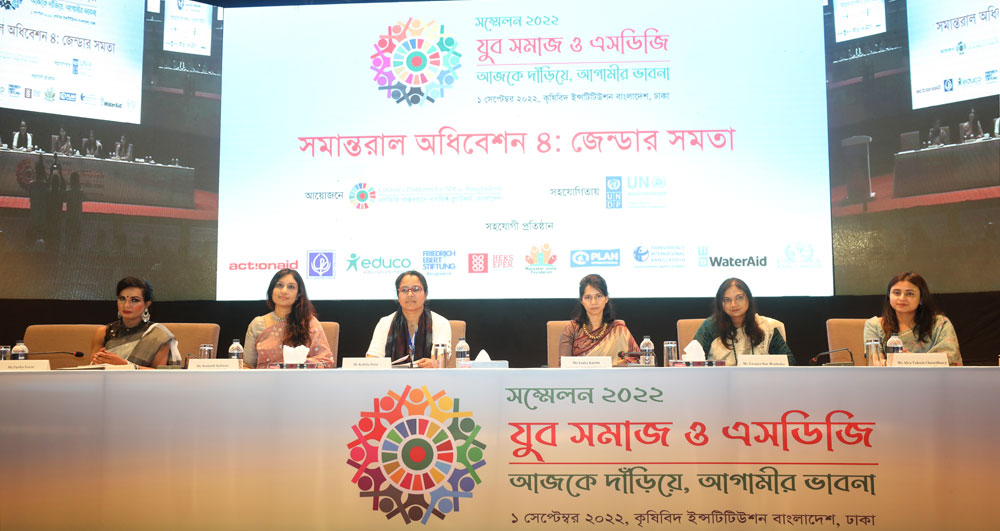
The focus of this parallel session was Women Empowerment and Gender Inequality which was chaired by Ms Kabita Bose, country director of Plan International Bangladesh. Following the introductory remarks by Ms Bose, Ms Tasmia Nur Washaka made a presentation based on the policy paper compiled by the participants of UNYSAB on the agenda of eliminating gender-based violence and empowering women.
Distinguished panellists Ms Sadia Karim, Adolescents – Youth and Gender Specialist at EduCo Bangladesh; Ms Farha Farin, Project Officer at Bandhu Social Welfare Society and Ms Nishath Sultana, Deputy Director of Advocacy and Justice for Children at World Vision Bangladesh had respectively presented their remarks on the agenda discussed.
- Presentation: Parallel Session 4: Gender Equality
- Thematic Short A/V: Gender Equality
Parallel Session 5: Responsible Consumption and Production
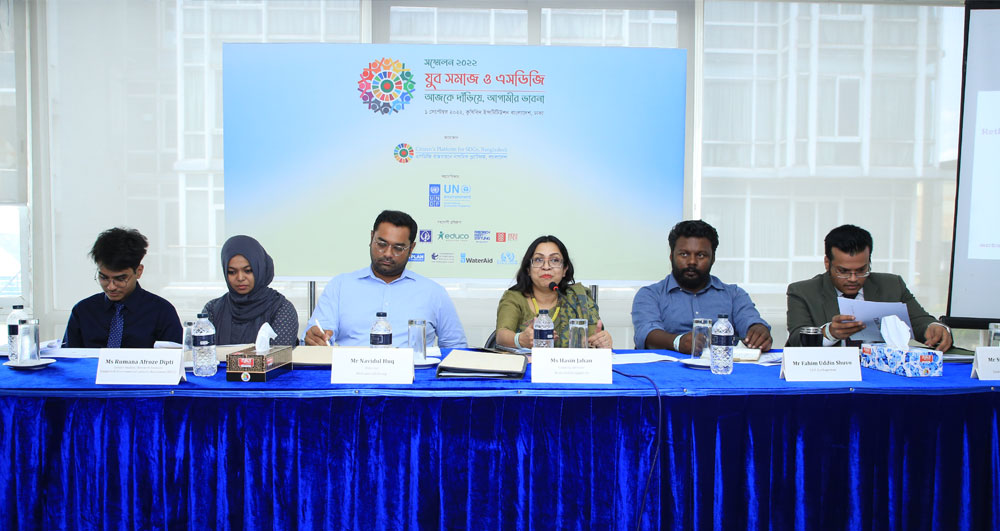
The agenda for this parallel session was sustainable management and usage of natural resources by mitigating waste management via recycling and reuse. This agenda is associated with SDG 12 (responsible consumption and production) via targets 12.2, 12.3, 12.4, and 12.5. The major scope of the session was to examine the current state of waste management in Bangladesh in order to find more efficient and innovative ways to diminish waste generation and advocate recycling and reuse of waste involving various stakeholders.
Mr. Sabad Sarar Srizon of the Memorial University of Newfoundland delivered the session’s presentation. The meeting was presided over by Ms. Hasin Jahan, who is the country director of Water Aid in Bangladesh. Mr. Navidul Huq (Director, Mohammadi Group), Mr. Fahim Uddin Shuvo (CEO, Garbageman), Mr Syed Yusuf Sadat (research fellow at CPD) and Ms Rumana Afroze Dipti (Gender Analyst, Bangladesh Environmental Lawyers Association) had respectively presented their remarks on the agenda discussed.
- Presentation: Parallel Session 5: Responsible Consumption and Production
- Thematic Short A/V: Responsible Consumption and Production
Parallel Session 6: Decent Work and Economic Growth
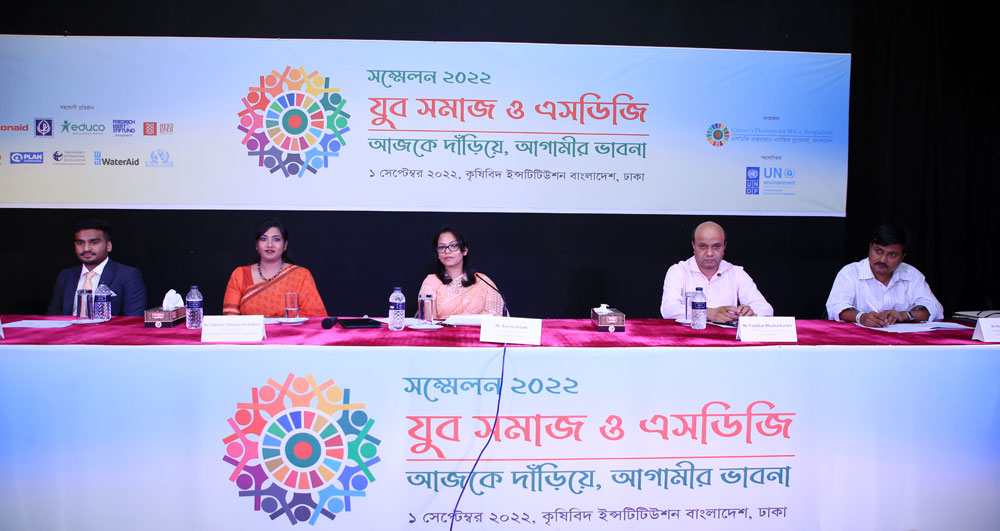
The session on skills gap and youth employment challenges has been chaired by Ms Amrita Islam, deputy managing director of Picard Bangladesh Ltd, along with other distinguished panellists including Ms Tahreen Tahrima Chowdhury, research fellow at Bangladesh Institute of Development Studies, Mr. Hafiz Adnan Riyad from Bangladesh Jubo Union and Mr. Vashkar Battacharjee, national consultant at the a2i Programme.
Setting the contest of the discussion, Bangladesh’s population is experiencing a youth bulge, with 28 per cent of the population being aged between 15 and 29 years. In order to harness this demographic dividend into economic and social dividends, the youth must possess the right professional skillsets that make them employable and productive.
- Presentation: Parallel Session 6: Decent Work and Economic Growth
- Thematic Short A/V: Decent Work and Economic Growth
Closing Session
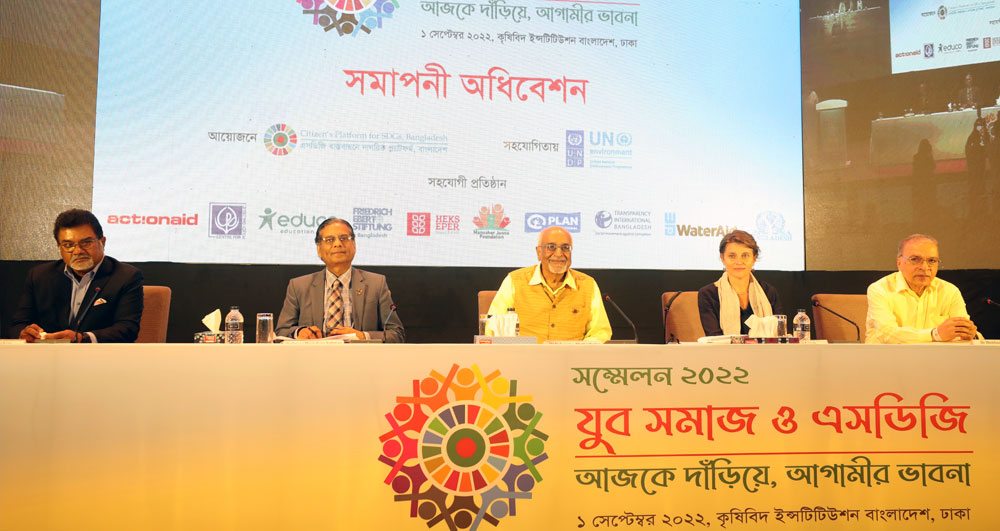
This closing session was chaired by Dr Debapriya Bhattacharya, while United Nations Resident Coordinator in Bangladesh Ms Gwyn Lewis joined the session as Special Guest. Core Groups members of Citizen’s Platform Dr Iftekharuzzaman, Professor Mustafizur Rahman, and Mr Asif Ibrahim delivered special remarks.
A “Youth Declaration 2022” was also adopted by the Conference at the closing session. The declaration proclaimed that when it comes to the future of a country such as Bangladesh, young people have a pivotal role to play in steering the progress of development. In order to get the attention of politicians, the declaration made recommendations on institutional issues including gender equality, disadvantaged youth groups, education, health, and employment.
Youth Declaration 2022
The declaration proclaims that when it comes to the future of a country such as Bangladesh, young people have a pivotal role to play in steering the progress of development. Studies conducted by several international organizations reveal that developing countries which make adequate investments in the education, health, and decent employment of their youth, achieve accelerated socio-economic growth and are able to eradicate poverty at a faster pace. In addition, the adverse impacts of the COVID-19 pandemic have accentuated the challenges already being faced by the youth, whose lives were negatively affected in a number of ways, including schooling and learning outcomes, employment opportunities, and mental health conditions.
In order to get the attention of politicians, the youth and the representatives made recommendations on institutional issues including gender equality, disadvantaged youth groups, education, health, and employment. The recommendations included the necessity of special initiatives for the overall development of the young people living in remote, coastal, haor and river erosion-prone areas along with other suggestions. The institutional recommendations were specifically targeted towards the policymakers urging to ensure the enfranchisement of new youth voters.
Youth Declaration 2022: English | বাংলা
